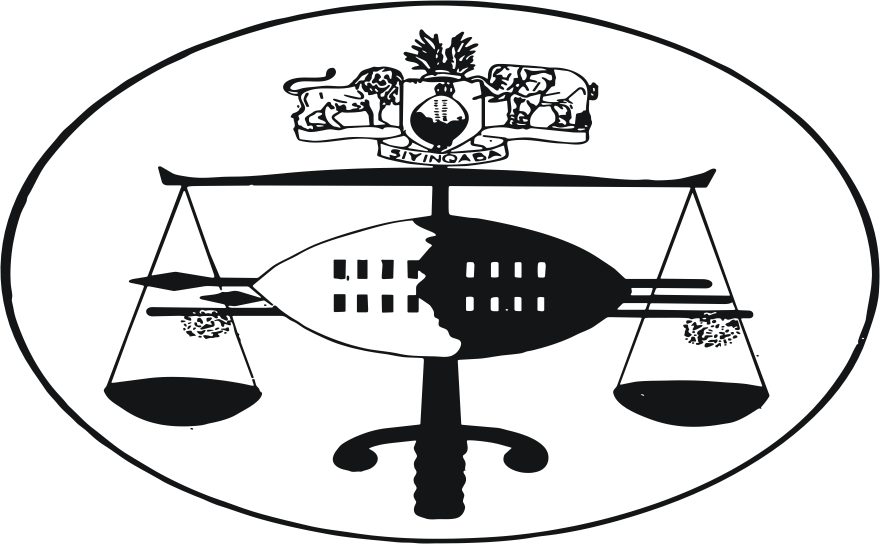
IN THE HIGH COURT OF SWAZILAND
HELD AT MBABANE Civil Case No. 166/2007
JULUKA MERRIMAN MABUZA Applicant
And
KISLON SHONGWE Respondent
Coram S.B. MAPHALALA - J
For the Applicant MR. B.S. DLAMINI
For the Respondent MR. T. MASEKO
________________________________________________________________________
JUDGMENT
19th March 2009
_____________________________________________________________
[1] The Applicant has filed this application in the long form for an order inter alia, declaring the purported cancellation of the Deed of Sale by and between the Applicant and the Respondent dated 13th July 2006 to be wrongful and unlawful. In prayer (b) thereof that an order be and is hereby issued directing and compelling the Respondent to comply with the terms of the Deed of Sale entered into and signed by the Applicant and the Respondent at Nhlangano on the 13th July 2006.
[2] In prayer (c) thereof that in the alternative to prayer (a) and (b), that an order be and is hereby issued directing the Respondent to refund the sum of E78, 556-56 to Applicant, this being an inclusive sum of money paid by the Applicant to Respondent after signing of the Deed of Sale.
[3] The Founding Affidavit of the Applicant is filed therein outlining the material facts in the dispute.
[4] The Respondent opposes the granting of this application and has filed an opposing affidavit to this end. In the said opposing affidavit points in limine are raised that Applicant has no cause of action as the sale agreement was lawfully cancelled by letter dated 16th January 2007 marked “KPS1” with payment in full and final settlement thereof which cheque is in the possession of the Applicant and was presented and honoured on 6th February 2007.
[5] The second point in limine raised is that this matter raises a serious dispute of fact relating to the amount paid by the Applicant and received by the Respondent, which dispute is incapable of resolution by Affidavit.
[6] This judgment is concerned with these two points in limine.
[7] On the first point raised it is the Respondent’s argument that the Applicant has no case for lack of cause of action on the ground that the sale agreement was cancelled. But not only that, he was also reimbursed the exact amount he had paid to the Respondent pursuant to the cancelled sale. Thus, the institution of the proceedings was merely an exercise in futility, because at the time he instituted the proceedings, not only had he accepted the cheque, but he had also presented it to his bank for payment.
[8] The Respondent further contends that not only did the Applicant receive the cheque but that he presented it for payment with his bank and the cheque was paid on the 6th February 2007. The Respondent argue that after the sale agreement was cancelled and the Applicant having accepted the cheque and presented it for payment, the Applicant sold and transferred the property to another buyer, in his name the property is now registered. That this court may not make an order that will not be effected, and merely academic.
[9] A further argument by the Respondent is that Applicant failed to deliver a bank guarantee that would be acceptable to the seller in time and when it did so, such bank guarantee was not acceptable to the seller as it related to the sale of the entire property, indicating that the parties were not of the same mind (consensus ad idem) in relation to the sale. In this regard it was contended for the Respondent that the case of Motsa vs Carmichael Investments (Pty) Ltd 1980 – 1981 S.L.R. 166 is distinguishable from the facts of this case.
[10] In Motsa (supra) the Respondent failed to demonstrate why the bank guarantee was not acceptable. In casu no attempt was made by the Applicant to cure the defect on the bank guarantee, which suggests that the parties were not of the same mind in relation to the property to have been sold and transferred. Had he wanted to continue with the transaction, he should have returned the cheque and arranged a good and satisfactory guarantee.
[11] Having considered the arguments of the parties it appears to me that all the reasons advanced by the Respondent for attempting to cancel the agreement are not lawful reasons. I find that the two points in limine raised by the Respondent cannot succeed. It is trite law that once the Deed of Sale is signed by the parties thereto, it gives rise to certain recognizable rights and obligations, the Deed of Sale becomes a legal and binding instrument. (see Mackeurtan’s Sale of Goods in South Africa, 4th Edition Juta & Company).
[12] If at all there were some clauses in the Deed of Sale that were not clear to the parties, all the parties needed to do was to sit down and make an addendum to the agreement. The Respondent does not state in its letters why an addendum to the agreement could not be made by the parties. I further agree with the Applicant’s paragraphs 8, 8.1, 8.2 and 8.3 of his Heads of Arguments.
[13] In the result, for the afore-going reasons the application is granted in terms of prayers (a), (b), (c), and (d) of the Notice of Motion.
S.B. MAPHALALA
PRINCIPAL JUDGE